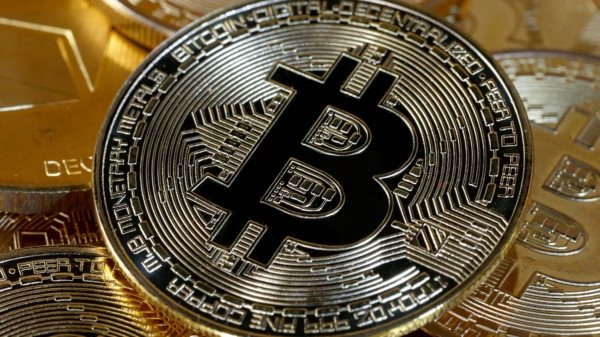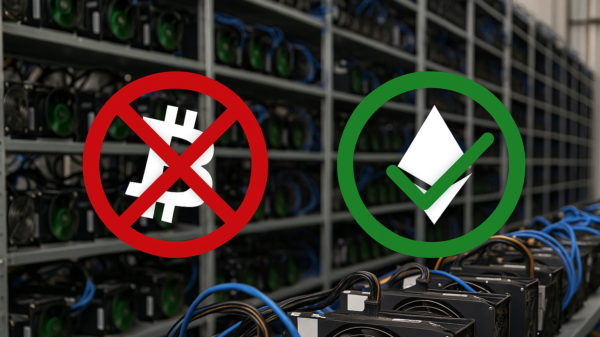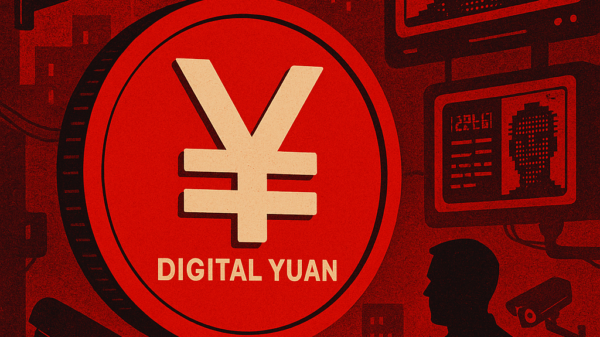PayPal Holdings, Inc. (NASDAQ: PYPL) has finally gotten back on the cryptocurrency bandwagon and there are questions remaining about whether or not it’s cleaned up its security issues.
The payments company announced on Thursday that it was now allowing United States-based merchants to buy, hold and sell cryptocurrency using their PayPal business account.
At launch, New York State will not have access to this functionality for Business Accounts. With today’s announcement, the company is taking its latest step to expand cryptocurrency’s utility by offering enhanced functionality to millions of U.S. merchants.
Additionally, U.S. merchants can now transfer cryptocurrency externally on-chain to third-party eligible wallets through PayPal. Business account holders can send and receive supported cryptocurrency tokens to and from external blockchain addresses.
“Since we launched the ability for PayPal and Venmo consumers to buy, sell, and hold cryptocurrency in their wallets, we have learned a lot about how they want to use their cryptocurrency,” said Jose Fernandez da Ponte, Senior Vice President of blockchain, cryptocurrency, and digital currencies, PayPal.
“Business owners have increasingly expressed a desire for the same cryptocurrency capabilities available to consumers.”
Read more: Riot Platforms and Bitfarms settle dispute and agree to a truce
Read more: Stablecoins could replace fiat currency in Eastern Asia
PayPal has found working solutions to existing problems
PayPal has consistently taken significant steps to boost cryptocurrency utilization.
In 2020, PayPal enabled customers to buy, hold, and sell cryptocurrency directly from their PayPal and Venmo accounts. In 2023, the company launched a U.S. dollar-denominated stablecoin, PayPal USD (PYUSD).
By April 2024, PayPal integrated PYUSD as a funding option for the Xoom platform. This allowed users to make eligible transfers to friends and family abroad without transaction fees when using PYUSD. Most recently, PayPal made PYUSD available on the Solana blockchain, giving users greater flexibility and control by offering multiple blockchain options.
Before its full embrace of cryptocurrency, PayPal faced several challenges with integrating Bitcoin into its platform. Bitcoin’s price instability served to be one of the major concerns. This posed a risk to both PayPal and its users.
The fluctuating value made it difficult for merchants to price goods and services accurately. It created uncertainty for customers trying to make purchases.
This volatility also complicated regulatory compliance, as Bitcoin’s status as a legal tender or asset varied across jurisdictions, forcing PayPal to navigate a patchwork of global regulations.
Another significant issue was the scalability and transaction speed of Bitcoin.
Bitcoin’s network often suffered from congestion, leading to slow transaction times and higher fees, which conflicted with PayPal’s commitment to fast and low-cost payment services.
Security was also a concern, as cryptocurrency transactions are irreversible, making fraud protection more challenging.
PayPal had to ensure that integrating Bitcoin wouldn’t compromise the platform’s reputation for secure, user-friendly payments, which led to a cautious approach before fully adopting Bitcoin and other cryptocurrencies. It subsequently led to PayPal avoiding cryptocurrency offerings.
.













